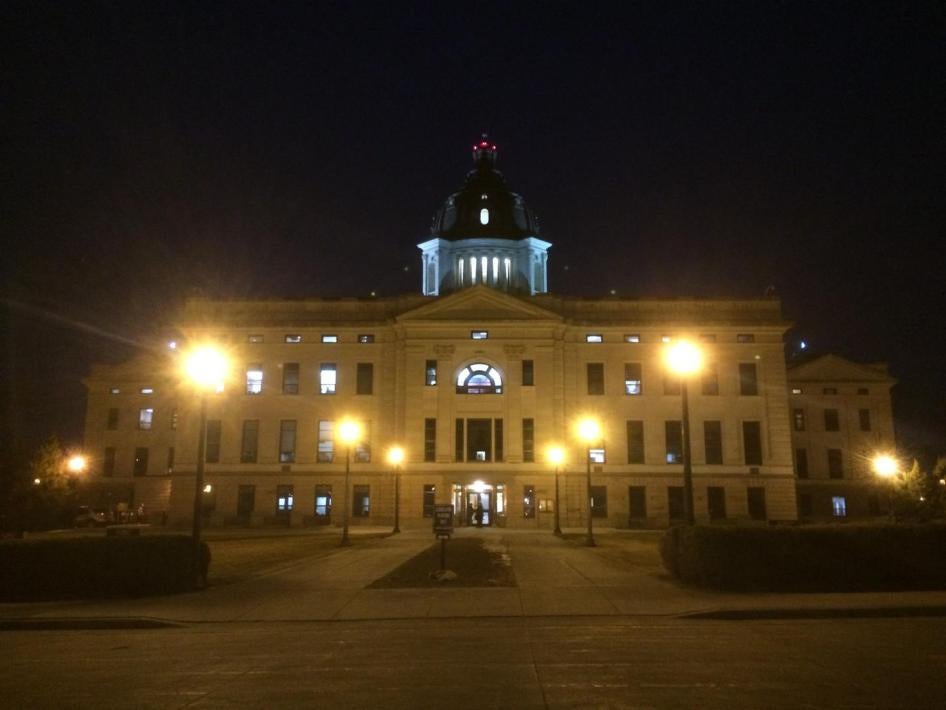On Wednesday, the South Dakota Senate is set to vote on a sweeping bill that would shield foster care and adoption agencies from complying with laws and regulations that go against their “sincerely held religious belief or moral conviction.”
The bill, SB 149, has prompted a strong outcry – and for good reason. It would throw open the door to discrimination against qualified adoptive or foster parents who are part of same-sex couples or unmarried couples, or who are divorced, or single parents. It could also be used to discriminate against families from other faith traditions who are eager and ready to take in children in need. In short, it would give objectors veto power over placements that are in the best interest of the child, and could allow agencies to ignore any number of laws and regulations designed to ensure that as many children as possible are placed in safe, healthy, loving homes.
Many of these agencies are private or religious non-profit organizations that receive taxpayer funds. If enacted, the bill would prohibit the state from adjusting the funding, contracts, licenses, or tax status of agencies that decline to follow generally applicable laws.
South Dakota’s proposal is dangerous, but it is unfortunately not unique. Bills have also been introduced in at least 17 other US states, from Hawaii to Ohio to New Jersey, that seek to exempt religious believers from complying with generally applicable laws.
These types of refusals undermine the very concept of non-discrimination, and have fared poorly in court. In a closely watched case, the Washington Supreme Court last week unanimously rejected the claims of a florist who refused to serve a same-sex couple, citing her religious beliefs. As the court noted, her refusal to serve the couple was “no more about access to flowers than civil rights cases in the 1960s were about access to sandwiches.”
Lawmakers should take that admonition to heart. SB 149 would put the prejudice of providers above the interests of the children they are supposed to serve, and the loving families who are ready to take them. In doing so, it would fly in the face of the guarantee that all people, regardless of who they are, should be equal under the law.









